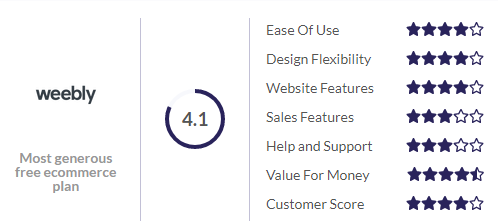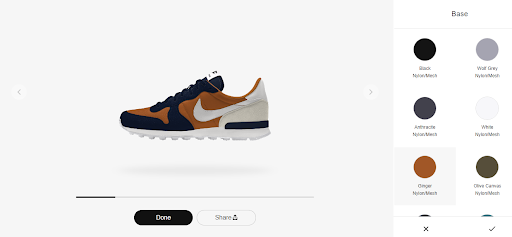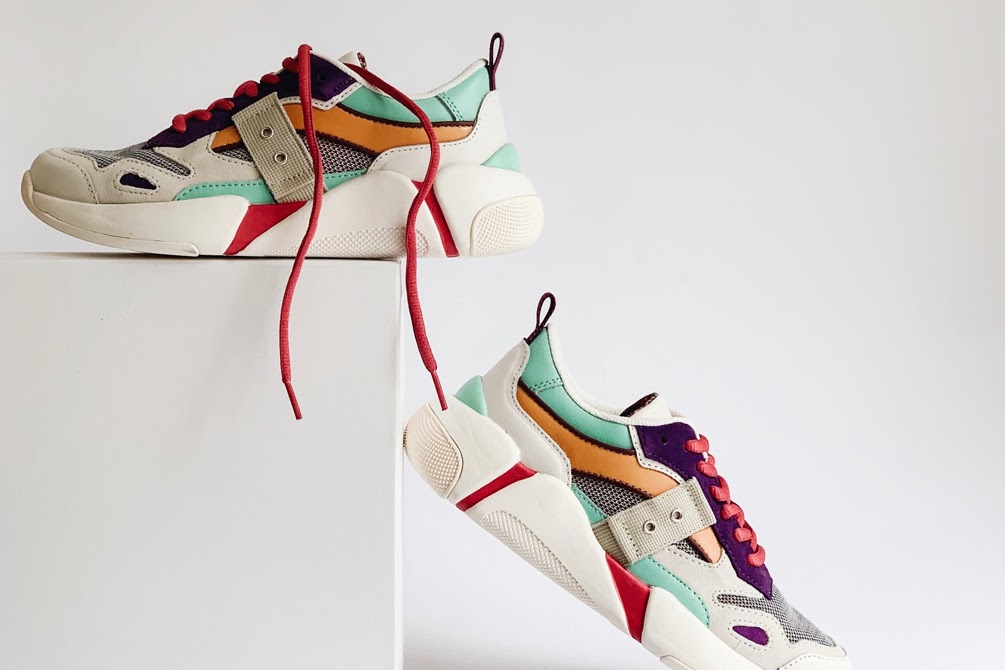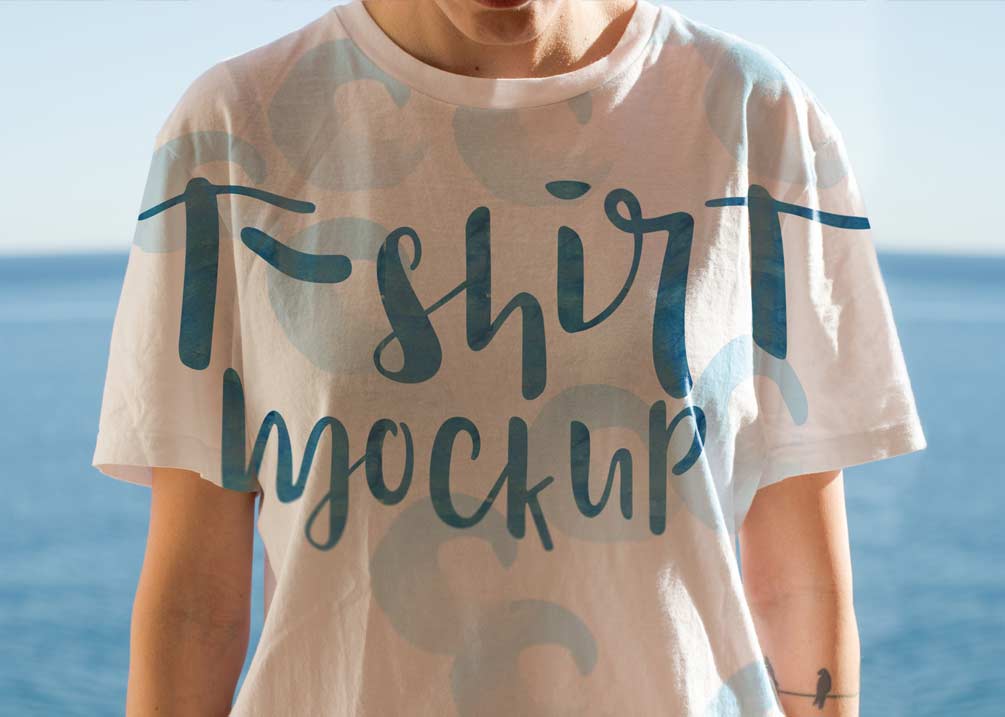Have you ever looked at the gorgeous sneakers on Zappos and dreamt of starting your online shoe store? You can learn to sell shoes online, even if you do not have any experience. Technology has made it possible to start an online business with a limited budget.
Whether your passion lies in handmade sandals or athletic shoes – let’s find out how to start an online shoe store from scratch.
Everything You Must Have to Start Online Shoe Store
- Requirement 1 – Product
- Requirement 2 – Home for Shoe Store: Launch your Website
- What Customers Want From Your Online Shoe Business
- How to Make Your Store Remarkable
- What to look for in a shoe design tool?
- Requirement 3 – Managing Supplies
- Requirement 4 – Market Your Shoe Store
Requirement 1 – Product
It’s up to you whether you want to sell shoes, for men, or women, sneakers, boots, or any other type. A good thing to do is to do market research and understand what works and what doesn’t. Suppose you are in Europe and you want to sell in the Asian market. Start by asking questions: which are the best-selling shoes in Asia? Which specific product do I want to focus on? How will I sustain my business?
If your goal is to sell any and every type of shoe, beware it’s not a smart move.
Of course, everybody needs shoes. But targeting everybody is a risky thing in eCommerce. We suggest starting by choosing a niche product that aims at specifying specific market needs. You might have already figured out but in case you have not, here’s what you can do –
Instead of thinking – ‘I want to sell men’s shoes’, focus on a narrow market like leather shoes, knee-high boots, sneakers, and so on. For a small business, focusing on a niche will aid to get in front of the right audience.
Online Shoe Business Prerequisites
Before starting an online shoe store, you have to get into the nitty-gritty of clearing legal requirements, and creating a strong brand identity.
Here’s a complete checklist of what you need to have before starting an online shoe store –
- Your Store’s Name
Make sure the name of your online shoe business represents your vision in just one or two words. Don’t be obscure but think of something that is memorable. Tools like Shopify’s Business Name Generator, Brand Bucket can be helpful for brainstorming.
- Business License
Starting an online shoe store doesn’t exempt you from certain legal requirements. The licenses you require depends on the type of product, and your business requirements. Moreover, every state and city has different requirements which you need to find out. Some licenses that an online shoe business requires include:
- A Business Operation License which allows your eCommerce business to conduct business in your city, county, or state.
- An Employer Identification Number (EIN) that identifies your business as a distinct tax entity.
- A Seller’s Permit (or Seller’s License) to legally sell the shoes online.
- Brand Logo
A logo is one of the most recognizable things about your business. A well-crafted logo can send the right message to your target audience. Use simple icons and fun colors to communicate who you are and what you do. Tools like Logomaker, Adobe Illustrator will make your task easy.
- Product Pricing
A product with a high price might see fewer sales. While lower rates are not always ideal. As a store owner, the best you should do is balance. After considering factors like product and business cost, competitor’s price, and revenue goals, choose the right pricing strategy for online shoe business.
Here are some strategies that will aid your decision –
- Use the MSRP – the price your manufacturer recommends.
- Keystone pricing where you double the wholesale cost of your product to determine the retail price.
- Competitive pricing where you consider competitor pricing data as a benchmark and consciously price your product below theirs.
A good thing is to do your homework and make an informed decision. Because implementing an online shoe store requires deep research. Team Brush Your Ideas can guide you throughout your journey. To know more about schedule your consultation with us.
Requirement 2 – Home for Shoe Store: Launch your Website
Your products need an eCommerce website. There are two major eCommerce solutions –
(a) SaaS eCommerce platforms like Shopify, BigCommerce, best suited if you do not want to deal with technical complications. The provider builds, hosts, and manages the software. This limits your ability to customize.
(b) open-source like WooCommerce, Prestashop where you can view, change, or distribute the source code as per your purpose. They give you complete control to personalize your source.
There are loads of eCommerce builders. Some are reliable, some require technical expertise, some are expensive, while some are budget-friendly. Here are some eCommerce platforms that you should consider when starting an online shoe store-
- Shopify
Start selling from $29.99 a month

- BigCommerce
Start selling from $29.95 a month

- WooCommerce
Starting at just $6.95

- Magento

- Weebly
Starting at $12 monthly

Following are the features you should look for when selecting an eCommerce platform –
- SEO-friendly – When shoppers look for shoes in the search engine, it should be easy for them to find your brand. If you are a new online store, you would want to ensure that your shop ranks high in the search results. Look for an eCommerce platform that is SEO friendly which allows you to add your blog, use your domain name, and collect customer reviews. These are crucial to driving organic traffic.
- Security – The most important thing to consider while choosing a platform is security. In the future, your online store is actively going to take digital payments. Be sure the platform you choose offers top-notch security. Choose a platform that supports HTPPS/SSL for a safe checkout. Moreover, it must be equipped with PCI-DSS compliant payment solutions such as PayPal, Stripe, Square, WorldPay, Braintree, and SecurePay for secure payment processors.
- Analytics – After you launch your online shoe business, you will want to keep track of analytics on how your shoe store is performing. Consider a platform that allows you to track sales, order amount, and more.
Choosing an eCommerce platform that suits your needs is an important step. Let us help you launch your store with a stellar looking website.
What Customers Want From Your Online Shoe Business
- User-friendly Store – According to 76% of consumers, the most important characteristic of a website is the ease of use. The key here is to help shoppers get what they want without unnecessary clutter. This means you need to focus on user experience by providing shopping categories, filters, and capabilities to compare product and price.
- Nice Videos & Photos – If you are thinking to post a picture and write in bullets the description then not a good idea. Shoppers want to see the product image from different angles. Let them not just zoom the picture but get a feel of the picture. Your shoe store needs high-resolution photos and videos that do not take too long to load.
- Mobile-friendly Experience – Mobile shopping accounts for 50% of online transactions. To give a user-friendly experience, ensure that your store is responsive, adapts to whatever device is accessing.
- Return Policy – ensure your shoe store has a clear return policy. This will help build trust with customers that your brand is there for them in case of anything.
How to Make Your Store Remarkable
You will not succeed in your online shoe business if you can not attract visitors. Let’s find out how to make your shoe store remarkable and get huge traffic.
How do you think Nike generated 254 crores USD net income?
For years, the color and design of each Nike shoe were limited. When customers were more and more looking for customization, most shoes that Nike offered were either in black or white. Later, Nike introduced a game-changing platform to change the way customers buy sports shoes, and bring more innovation to the operating model of shoe manufacturing.

Millennials make a huge portion of online shopping. 56% of millennials would swap their current brand for a brand that customizes to them. Product customization is an excellent way to win over millennials.
You can provide similar value to your customers by integrating a product designer tool. It is a Web-to-Print software with diverse features; using which, your customers can create customized designs. They can browse from a huge library of images, texts, clipart, and ready templates to create personalized designs on any and every device.
What to look for in a shoe design tool?
- Multi-Database Support – The database of the designer tool allows you to access business logic related databases on a PHP server and the end-user related database such as fonts, clip-arts, templates, color, etc. on the MySQL server.
- Large User Accessible Data – The designer tool has a huge library of colors, fonts, clip arts, ready-to-use design templates, and more. These templates are easy-to-use for the customers.
- Secured, & Powerful Tool – The designer application has impeccable security support, protected by SSL encryption that makes the tool more secure for both the admin as well as end-users.
- Superior Browser Support – Multi-browser compatibility helps end-users access the tool. Check if the shoe design tool is compatible with all major web browsers like Google Chrome, Firefox, Opera, Safari, Microsoft Edge, and Internet Explorer.
- Multi-Device Responsive Tool – Make sure the design tool is responsive and compatible with Windows, Android devices, iPads and iPhones.
|
Admin Features |
|---|
|
Set Custom Pricing |
|
Manage Printing Methods |
|
Restrict Editing |
|
Editable PDF |
|
Upload/Enable WaterMarks |
|
Resolution Warning |
|
Shoe Design Tool Feature Checklist |
|---|
|
10,000+ Customizable Clipart |
|
Multiple Design Area |
|
Social Media Sharing |
|
Preview All Sides |
|
Image Effects/Editing |
|
Background Patterns |
|
Various Text Effects |
|
Use saved designs |
Find more about how the shoe design tool can help your business.
Requirement 3 – Managing Supplies
Once you figure out the right product for your shoes, the next step is to source products for your store.
When starting an online shoe store, consider these three options –
- DIY products
- Hire a manufacturer or wholesaler
- Hire a dropshipper
1. DIY products
If you want to craft your own shoes then go for it. With the DIY approach, you will have a complete control over your brand. Secondly, the startup costs will be low. However, this will take up most of your time and energy. Think of will you manage your store, sell, and market along with creating the product.
If you are creating the product from scratch, here’s what you will need to do-
- Source materials
- Look for a renting space to store the inventory
- Either hire a shipping service or run to the courier service yourself
2. Manufacturer or Wholesaler
If you are not ready for a DIY product then hire someone to make the product for you. This approach will need more investment.
Somebody else is making your product that does not mean you have no say. As a brand owner, you have complete control over the quality of your product and the brand.
When choosing a manufacturer or wholesaler, there are two points to keep in mind:
- If you are looking for ready-made products to sell then you can source the products using Alibaba, or partner with an already established shoe company.
- If you want a manufacturer who makes your product, you can easily search on directories, Google, local library, referrals, etc.
Here are a few important questions to consider before choosing a manufacturer:
- What is the minimum order quantity?
- What is the sample pricing?
- What is production pricing?
- What is the turnaround time?
Before you sign up with a manufacturer make sure that meets your expectations. It is always a good idea to ask for a sample item and make the decision accordingly.
3. Dropshipping Method
Dropshipping is a method where you can purchase from a vendor and list their products on your online store. The vendor will charge you as and when you sell the product, and ships orders on your behalf. This means you need not worry about inventory, packaging, or fulfillment.
In this approach, you will have a wide selection of products but you are likely to have more competition, as most of the products that your dropshipper offers are readily available all over the internet.
Requirement 4 – Market Your Shoe Store
Once your products are up, it’s time to start driving traffic to your online shoe store. The objective is to develop a marketing strategy that puts your online shoe business on all the platforms where your followers are hanging out and then using different ways to connect with them.
Content to keep your audience updated with the latest trends in the footwear industry, the problems they’re facing, and how you can help solve those problems.
- Social media to share that content and then engage with your followers.
- Search engine optimization (SEO) to optimize your content, so it will show up when someone is searching for the information you’ve written.
- Embrace paid advertising to drive paid traffic to your shoe store.
- Craft personalized Emails to follow up with your customers to ensure they continue to buy your product.
Wrapping Up
That was all you need to know for starting an online shoe store. We hope with this information; you will be able to start working on your dream store today itself.
We at Brush Your Ideas have been working with businesses like yours for over 4 years. Our tool is a fully functional product which can be integrated with any of the eCommerce platforms. With a successful track record of over 80% clients, we guide you to even market your business at every stage. To know more about how we can help you, let’s get in touch.
All product and company names are trademarks™, registered® or copyright© trademarks of their respective holders. Use of them does not imply any affiliation with or endorsement by them.








Follow with us